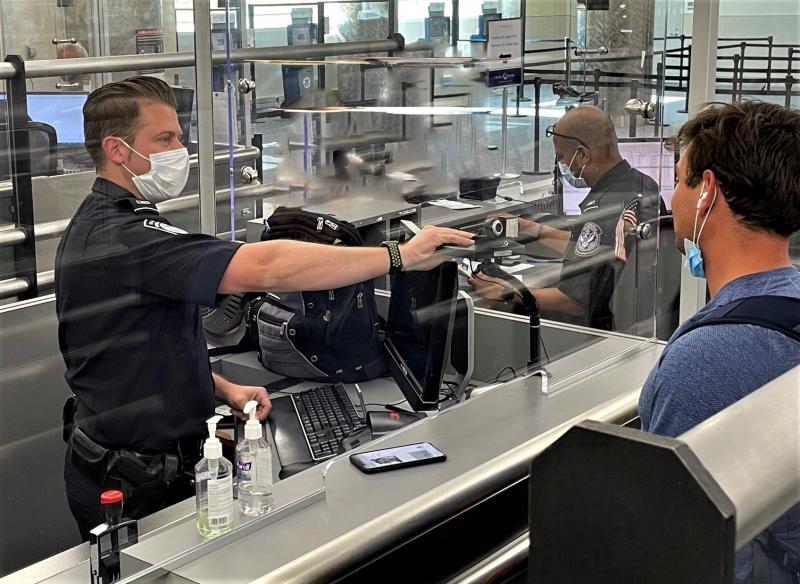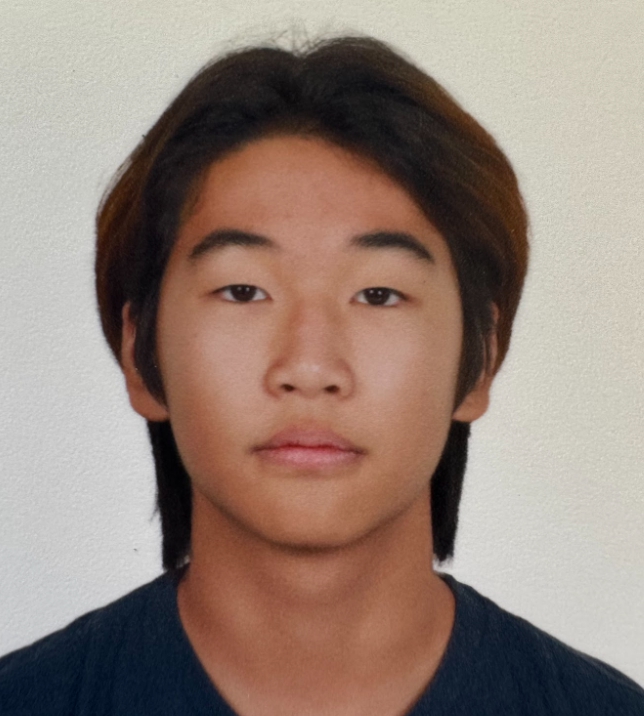
SEOUL—In response to increasing global trends in immigration control, South Korea is moving towards stricter regulations on unauthorized immigration. The latest reforms, influenced by the shifting political landscape worldwide, come amid growing domestic pressure to tighten borders and streamline labor policies.
The timing of South Korea’s decision aligns with significant political developments abroad. Donald Trump’s recent election as the 47th President of the United States has become a major global talking point. Trump, known for his hardline stance on immigration during his first term, heavily campaigned on promises to enforce border security and deport millions of undocumented immigrants. His re-election pledges suggest a potential ripple effect on immigration policies worldwide. South Korea, already grappling with challenges in migrant labor and border management, appears ready to implement initiatives aimed at limiting unauthorized entry.

Trump’s Immigration Stance and Global Impact
In his victory speech, Trump vowed to deliver a “strong, safe, and prosperous America,” emphasizing immigration reform as a cornerstone of that mission. His win, supported by a Republican majority in the Senate, while House results remain pending, could accelerate a new wave of global protectionist policies. Countries like South Korea are likely to be influenced by these shifts, particularly as Seoul’s government monitors U.S. policy directions.
Despite adopting tougher measures, South Korea must balance its policies carefully, given its reliance on foreign labor in key industries like agriculture and manufacturing. As a result, immigration reforms must address both border security concerns and labor market needs.
Economic and Social Implications in South Korea
South Korea’s new policies target sectors known to employ undocumented workers, with plans to increase inspections and improve monitoring of migrant workers’ conditions. While public opinion remains divided, experts caution that such measures could have economic repercussions. Industries dependent on migrant labor may face workforce shortages, potentially disrupting productivity and economic stability.
This development occurs against the backdrop of rising nationalism across various countries, with both economic and social consequences in play. How South Korea manages these changes will shape the future of immigration in East Asia. Additionally, Seoul remains vigilant about the evolving international political environment, led by a newly re-elected Donald Trump.
![]()
<Student Reporter Jayson Park>jaysonpark0809@gmail.com
Jayson Park is a 9th Grade student in Chadwick School







